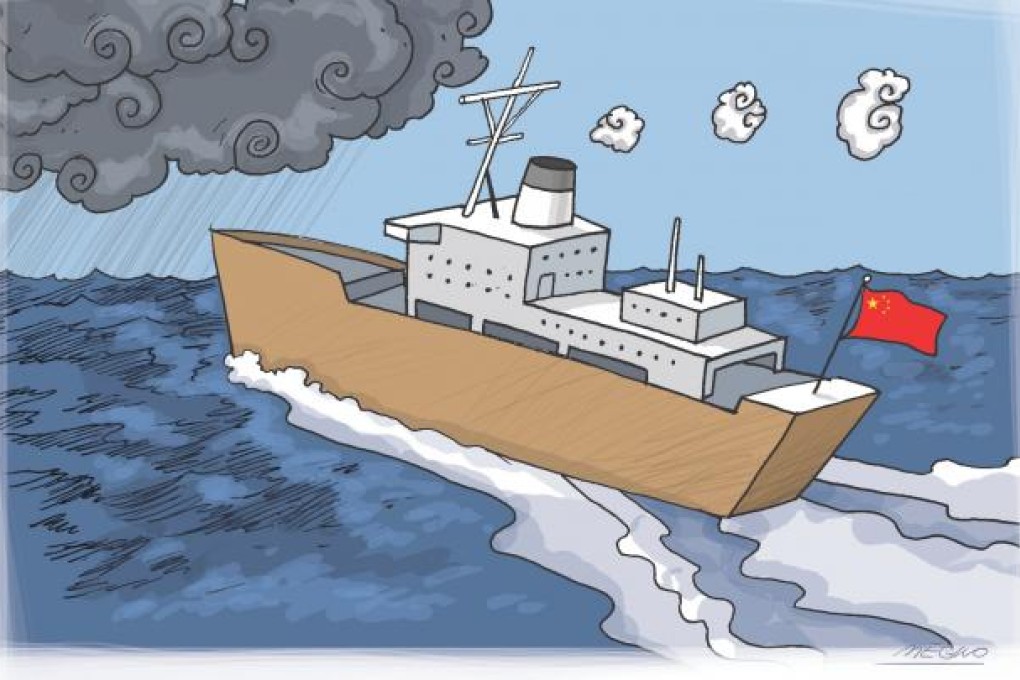New leadership likely to maintain pro-growth policies
Louis Kuijs says China's new leaders have inherited a less certain economic outlook than did their predecessors and may find it hard to change course and accelerate reforms

Xi Jinping and China's other new leaders take charge of a slowing economy and an increasingly vocal populace demanding cleaner government, better welfare and more affordable housing. Only modest progress has been made at shifting the economy from an investment-led, industrial model to one driven more by consumers and the services sector. Investors expecting the new administration to respond with rapid reforms or a major fiscal stimulus are likely to be disappointed.
The government of Xi, who was sworn in as Communist Party general secretary on Thursday and will succeed Hu Jintao as president in March, may take a more comprehensive approach to reform and do more to rebalance the Chinese economy. But it is important not to overplay the impact of the new leaders. Gone are China's strongmen, Mao Zedong and Deng Xiaoping . Leadership is now collective, headed by the party's all-powerful Politburo Standing Committee.
China's economic plan for 2011 to 2015 serves as an important reference point, much in the same way that the reforms championed by Hu and Premier Wen Jiabao were outlined before they took office 10 years ago. Respect for the outgoing leaders and their continued influence lessens the likelihood of sharp U-turns. Allied to that, Xi and Li Keqiang, who is likely to take the economic brief as premier, are drawn from the existing Standing Committee.
These factors suggest Xi and Li may find it hard to change course and accelerate reforms. Reducing the nine-strong Standing Committee to seven members during this once-in-a-decade transition is a tacit admission that consensual rule can hinder decision-making.
Decisions might be needed. Most agree that Xi's team faces a cloudier outlook than the one Hu and Wen inherited. China's economy quadrupled in size over the subsequent decade, but now trend growth that has hovered around 10 per cent since the 1990s is expected to ease to about 7 per cent by 2020. China's leaders are increasingly fretful of the impact a slowing economy may have on social tensions. Some have called for another round of stimulus to mimic the boost provided by the last package two years ago. That seems unlikely, not because of the leadership transition, but because China's recent economic slowdown seems to be bottoming out.
Although the outlook for exports remains weak, a decline in the property sector is easing and infrastructure spending has been picking up. The labour market is strong and wages have continued their steady rise, lifting consumer spending.
I expect Beijing to maintain pro-growth policies through measures such as infrastructure investment and relaxed monetary conditions, but to go no further. That has something to do with the ill effects of the last stimulus programme, but the government seems more relaxed about lower growth in favour of quality growth. The shortcomings of stimulus have strengthened the hand of those, including Li, who argue for greater structural reform to rebalance the economy. This is where the new government may seek to make its mark.
